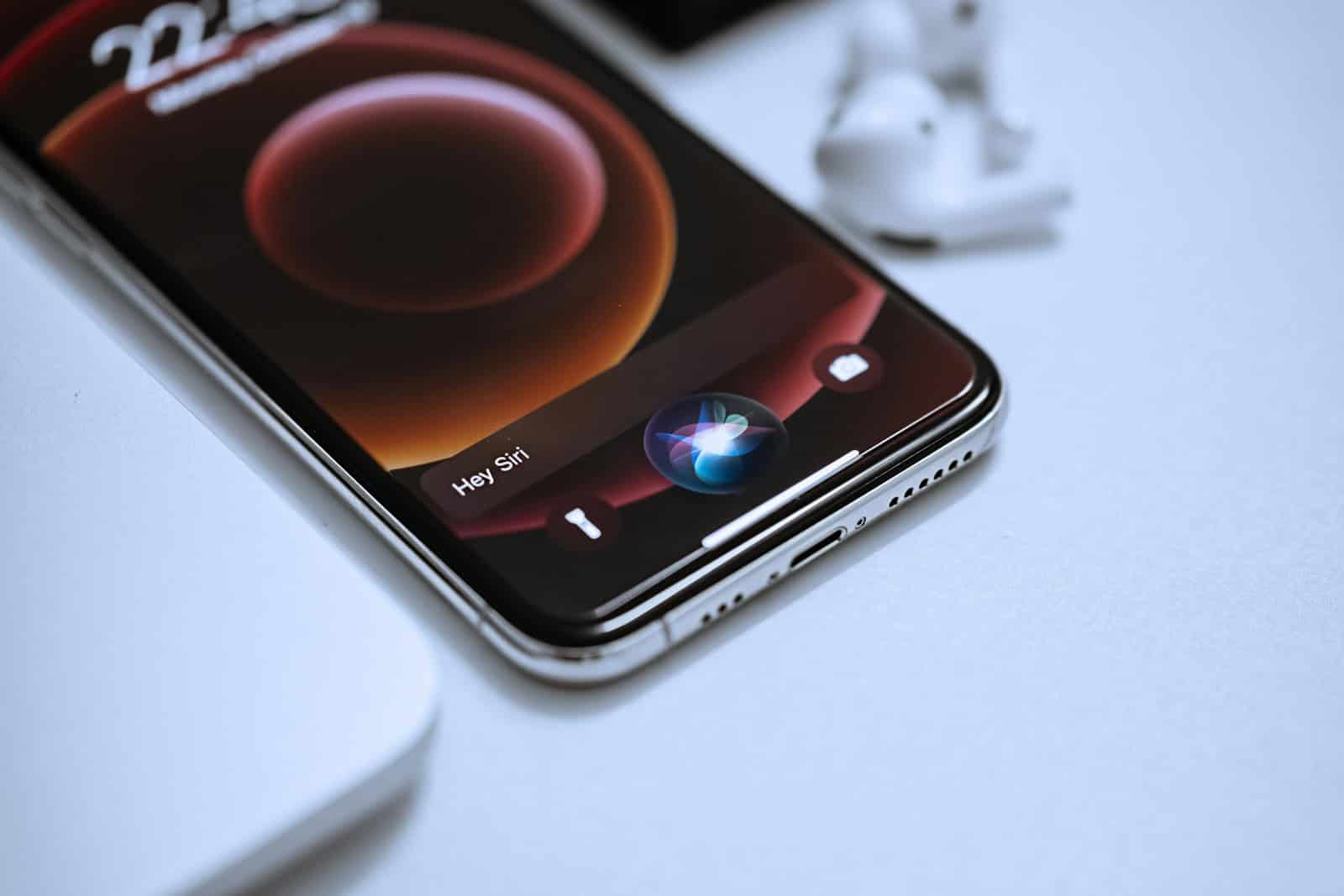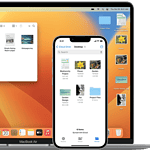Apple’s top executives reportedly believe that their internally developed AI chatbot is already on par with OpenAI’s ChatGPT—marking a major milestone in the company’s push to catch up in the generative AI race. Built on a massive 150-billion-parameter foundation model, this next-gen chatbot has been under quiet development over the past year, and insiders say it’s now capable of matching the sophistication, fluency, and context-awareness of ChatGPT’s latest versions.
But there’s a catch: You won’t be using it anytime soon.
A Promising Model Held Back by Hallucination Risks
According to sources familiar with Apple’s internal evaluations, the model has made huge strides—especially in text understanding, summarization, and multi-turn dialogue. Yet concerns remain. Apple’s engineers are reportedly still wrestling with the chatbot’s tendency to “hallucinate”—a well-known LLM issue where the AI generates false or misleading information with confidence.
This problem isn’t unique to Apple. Hallucinations have plagued even the most advanced AI models from OpenAI, Google, and Anthropic. However, Apple’s internal standards—especially when it comes to accuracy and user trust—may be even stricter than its competitors’. The company is known for its carefully controlled product rollouts and wants to avoid releasing an AI product that might mislead users, particularly in sensitive areas like health, finances, or personal safety.
Apple’s software leadership is reportedly split on how soon to release the tool. Some believe the model could be useful in offline or limited on-device scenarios, while others are urging more refinement before any public exposure.

Why Apple Is Still Leaning on ChatGPT—for Now
Despite developing its own LLM, Apple recently announced a partnership with OpenAI to bring ChatGPT integration directly into iOS 18 as part of its new “Apple Intelligence” suite. iPhone 15 Pro, iPhone 15 Pro Max, and all iPhone 16 models running iOS 18.2 or higher will be able to access ChatGPT without needing to create an OpenAI account.
This integration enables complex, context-aware tasks such as:
- Drafting emails or texts with natural tone and context
- Summarizing long documents or Safari articles
- Creating images using DALL·E
- Handling general-purpose queries too complex for Siri
Importantly, Apple handles these features with a strong privacy focus—requiring user opt-in before sending queries to ChatGPT, and keeping much of the processing on-device where possible.
The Bigger Picture: Apple’s AI Strategy Unfolds
Apple’s AI ambitions have historically been cautious. Unlike Google or Meta, it hasn’t released public chatbots or research papers that open its models to scrutiny. However, the company has quietly ramped up its AI investments since 2023, hiring top AI talent and acquiring smaller machine learning startups. Its 150B-parameter model is believed to be cloud-based for now, with smaller, distilled versions planned for on-device deployment in the future.
What makes Apple’s chatbot different is its potential deep integration with hardware and OS-level services. If and when it launches, the assistant could become a core part of how you interact with iPhones, iPads, and Macs—deeply embedded into apps like Mail, Safari, Messages, Calendar, and Notes.
But for now, Apple appears to be playing the long game. Instead of rushing out a flashy AI assistant that risks missteps, the company is positioning itself as the brand that will get it right—offering a seamless, secure, and privacy-first experience once its own AI is ready for prime time.
When Will Apple’s Chatbot Launch?
There’s no official timeline. Insiders speculate that a developer beta or limited release might be possible in 2025, but Apple is unlikely to release the assistant to the general public until it’s confident that hallucination issues are under control. Until then, ChatGPT will serve as the company’s generative AI proxy—giving Apple users a taste of what’s coming, without taking the full risk of an unproven model.
In short: Apple’s AI is close—but not quite ready. And in typical Apple fashion, they’d rather be late than flawed.
Key Takeaways
- The integration works natively within Apple’s ecosystem across iPhone, iPad, and Mac devices
- Users can choose between authenticated and anonymous ChatGPT access modes
- The feature maintains Apple’s privacy standards while delivering advanced AI capabilities
Apple Intelligence ChatGPT Integration Overview
Apple’s integration of ChatGPT with Apple Intelligence brings advanced AI capabilities directly into iOS and macOS devices. The feature combines natural language processing with system-level controls for enhanced user interaction.
Integration on iOS and macOS
ChatGPT integration requires iOS 18.2 or later on iPhone 16 models, iPhone 15 Pro, and iPhone 15 Pro Max. Mac users need macOS Sequoia 15.2 or newer versions.
Users can activate ChatGPT through Apple Intelligence & Siri settings in System Settings. Two setup options exist:
- Basic mode without an account
- Full access with a ChatGPT account
The feature is not available in EU regions due to regulatory requirements.
Features and Capabilities
ChatGPT integration expands device functionality through AI-powered assistance:
Text Generation
- Writing assistance for emails and documents
- Smart replies in messaging apps
- Custom content creation tools
Visual Intelligence
- Image analysis and description
- Camera-based text recognition
- Visual search capabilities
System Integration
- Direct Siri collaboration
- App-specific contextual responses
- Multi-language support
Security and User Privacy
Apple implements strict privacy measures for ChatGPT integration:
Data Protection:
- Local processing when possible
- Encrypted data transmission
- No permanent storage of chat history
User Controls:
- Granular permission settings
- Option to block ChatGPT access
- Data collection consent management
The integration maintains Apple’s privacy standards while providing AI capabilities. Users can modify settings through System Preferences to control data sharing and feature access.
Frequently Asked Questions
Apple Intelligence integrates ChatGPT to enhance Siri’s capabilities, provide advanced document analysis, and enable AI-powered interactions across Apple devices.
How can ChatGPT be incorporated into Apple’s ecosystem?
ChatGPT integration requires iOS 18.2 or later and is available on iPhone 16 models, iPhone 15 Pro, and iPhone 15 Pro Max. Users must enable both Apple Intelligence and ChatGPT separately in their device settings.
The feature is not available in EU regions where Apple Intelligence is restricted.
What are the capabilities of integrating ChatGPT with Siri?
Siri uses ChatGPT to answer complex questions and analyze photos and documents. The AI assistant can generate detailed responses for travel planning, document analysis, and general inquiries.
Users can request ChatGPT’s help through Siri for tasks like writing text or creating images from descriptions.
What are the potential benefits of using ChatGPT for Apple’s customer service?
ChatGPT enhances customer support by providing instant responses to common queries and troubleshooting steps. The AI can explain technical concepts in simple terms.
The system reduces wait times by handling routine questions automatically.
How can developers implement ChatGPT features into iOS apps?
Developers can access ChatGPT through Apple’s development frameworks and APIs. Integration requires compliance with App Store guidelines and proper handling of user data.
Apps must implement authentication and secure communication channels with ChatGPT services.
What are the privacy considerations when using ChatGPT in Apple products?
User data shared with ChatGPT follows Apple’s privacy standards. Data processing happens on-device when possible to protect user information.
Personal information is encrypted during transmission. Users can control which data ChatGPT can access.
How to ensure ChatGPT integrations comply with Apple’s App Store guidelines?
Apps must clearly disclose ChatGPT functionality to users. Developers need to implement content filtering and age-appropriate restrictions.
Applications should maintain transparency about AI-generated content and provide user controls for ChatGPT features.
Data collection and storage must align with Apple’s privacy requirements.







